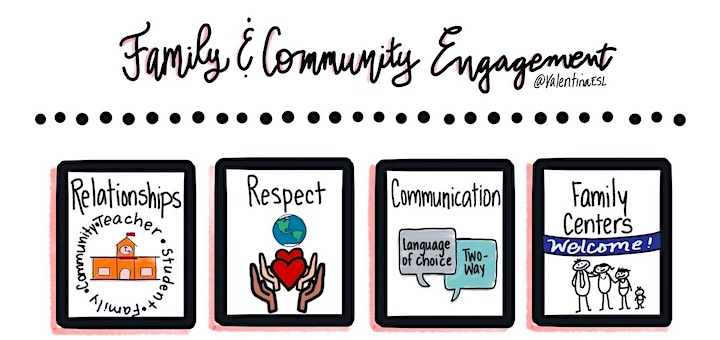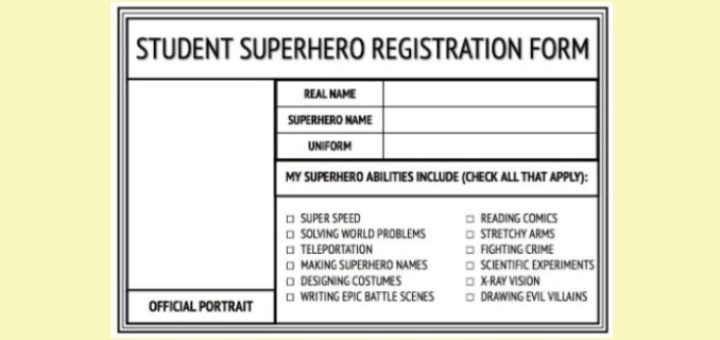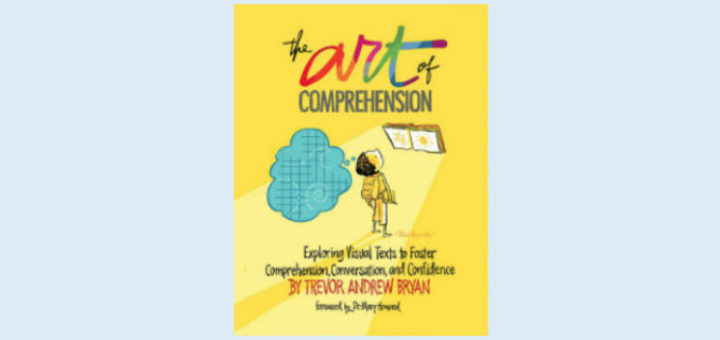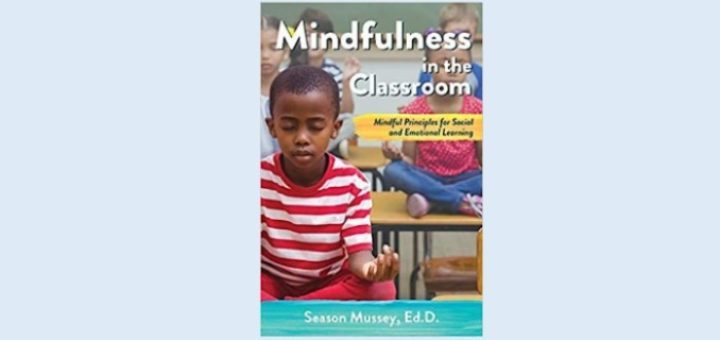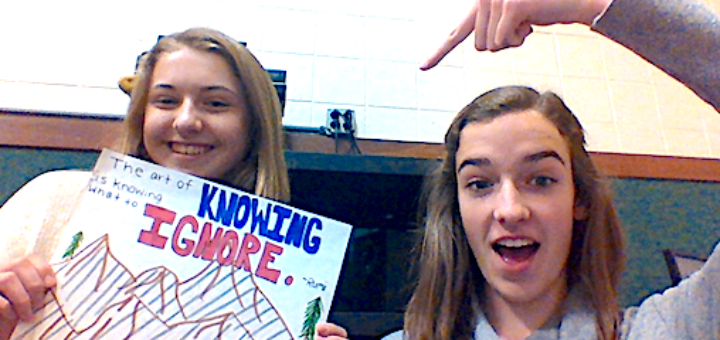Teaching and learning in grades 4-8
Whether you began the school year weeks ago or you’re just launching, it’s time to consider what you hold most important when you think about a successful co-teaching partnership. Elizabeth Stein shares an experience from her own career that unwrapped three essentials.
Middle graders, especially ELs and newcomers eager to blend in, may not want to involve families at school. Yet partnering with families leads to greater achievement, lower absenteeism, and better behavior. EL expert Valentina Gonzalez shares her favorite strategies.
From get-acquainted activities like “Superhero registration” to first-week math games like “Four Fours,” teacher Michelle Russell takes readers through the steps of a new plan to start slow, welcome her students individually, and reassure the anxious ones that math can be fun.
By using visual texts, The Art of Comprehension provides a way for nonreaders and striving readers to participate in the same rich, authentic thinking tasks that their reading classmates are doing, even if they have difficulty decoding written words, writes Pam Hamilton.
The 2nd edition of “Dual Language Essentials” shows how dual language programs promote academic development, mastery of two languages, and cross-cultural understanding. Teacher Jacqueline Barreras is already adding its extensive resources to her planning for the year.
Mindfulness in the Classroom focuses on how to be consciously aware as we introduce SEL principles into an existing curriculum. Author Season Mussey explains SEL, its need and importance, and how to best share its principles with students, writes teacher Shawn Lawn.
Brent Gilson teaches grades 7-9 in rural Alberta. “I’m a believer in balanced literacy, voice and choice, and the need to use literacy studies to help students explore what it means to be human.” In a new blog, Brent details how these ideas shape his yearly reading plan.
Just how do you build a STEM lesson around a real-world challenge? While there’s no single answer to that question, STEM expert Anne Jolly shares a STEM lesson she and a math colleague designed around a local environmental challenge. Helpful tips and resources included!
Limiting feedback to final drafts means lots of teacher work and little student learning. What if, Sarah Cooper wondered, she could give students enough scaffolding – using an outline organizer and peer response – that their rough drafts included everything she wanted?
In the new school year ELA teachers are looking for fresh ideas to encourage students to read closely and think deeply. Here are five adaptable activities from teacher-author and NBCT Marilyn Pryle to add to your toolbox and keep students creatively interacting with texts.


